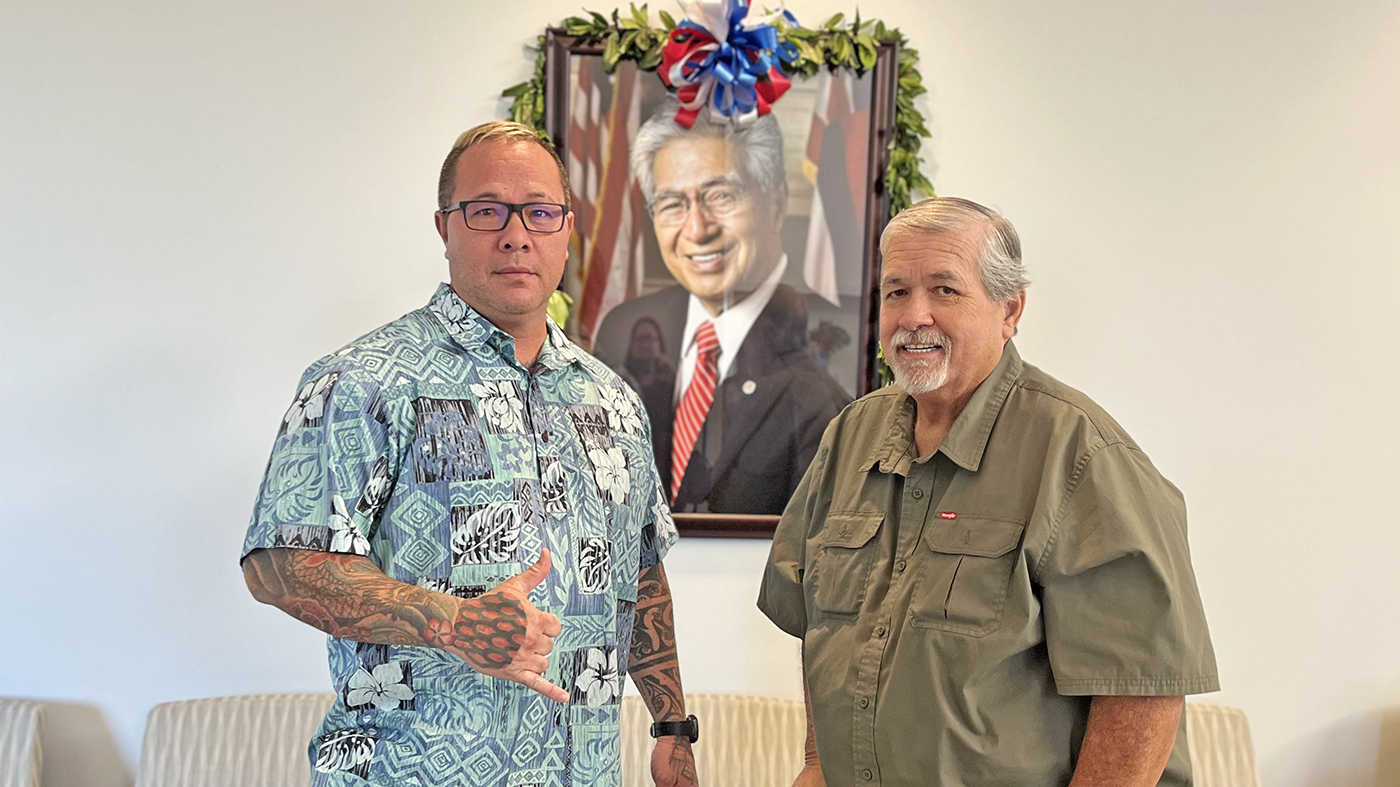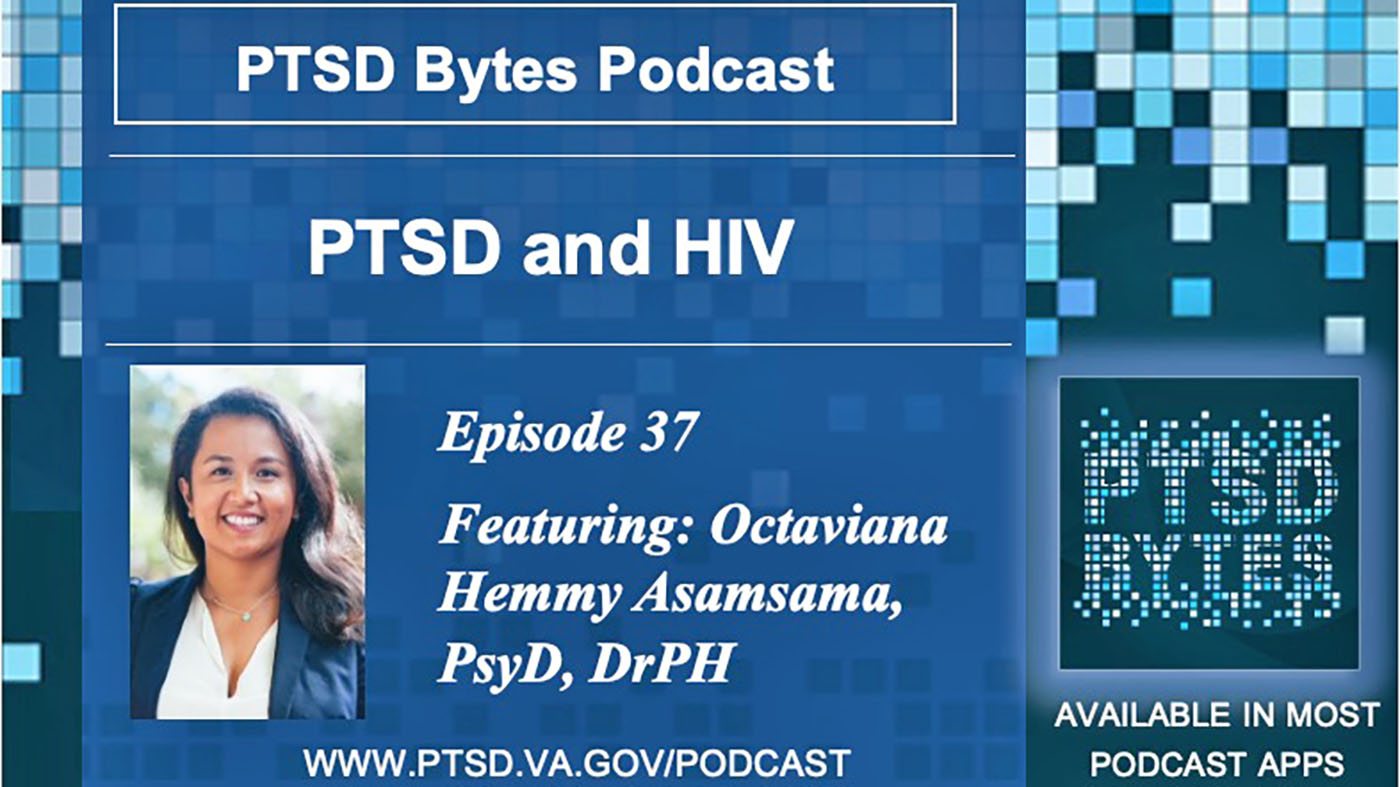Creating a sense of community may look different for each of us. While some Americans enjoy the close proximity of city life, those who live in rural areas welcome the less crowded towns and wide open spaces as signs of home.
Although many rural residents enjoy these perks, the very nature of life in rural communities may unintentionally isolate them from others. Rural Veterans often report lower quality of life related to mental health than their urban counterparts, a challenge exacerbated by a lack of qualified specialists or nearby medical facilities.
Mental Health Month is observed each May to raise awareness and educate the public about mental illnesses, mental health and wellness, and suicide prevention. Many risk factors disproportionately affect Veterans, especially those in rural communities with shortages of mental health providers.
As the lead advocate for rural Veterans, VA’s Office of Rural Health implements multiple support programs to help improve the health and well-being of rural Veterans. In 2019, ORH focused on eight critical mental health and suicide prevention programs, including:
- Rural Suicide Prevention connects Veterans to comprehensive suicide prevention services and resources through enhanced education, public awareness campaigns, community training, crisis support, firearm safety, and care management for high risk individuals.
- Vets Prevail Web Based Behavioral Support provides Veterans suffering from depression and/or post-traumatic stress disorder with tools to overcome these challenges. The program focuses on Veterans returning from recent conflicts, like Operation Enduring Freedom, Operation Iraqi Freedom and Operation New Dawn.
- Military Sexual Trauma Web-Based Therapy uses telehealth to deliver specialized mental health care directly to the homes of Veterans who have experienced military sexual trauma.
- Clinical Resource Hubs – Telemental Health connects specialists with rural Veterans to ensure access to mental health care services in rural areas.
To find out if these programs and others like them are available in your area, please contact your local VA medical center.
Support
If you are a Veteran in crisis — or you’re concerned about one — free, confidential support is available 24/7. Call the Veterans Crisis Line at 1-800-273-8255 and Press 1, send a text message to 838255, or chat online.
Thomas Klobucar, Ph.D., is the executive director for VA’s Office of Rural Health.
Topics in this story
More Stories
Pacific Islands VA opens new Akaka clinic in Kapolei, bringing a variety of VA services to Oahu’s leeward side
Veterans can now navigate VA resources with confidence using the new VA Resource Navigator
In this episode of PTSD Bytes, integrated health psychologist Dr. Octaviana Hemmy discusses treatment for HIV and PTSD.







The VA providing PTSD therapy for our Veterans group in SE MT lost their facilitator last August, and the MT VA has done nothing to find another for our group. Sad! So we’re floundering up here looking for some relief!
I did not see or read how I can get in contact with anyone, a group or organization for assistance. I just need to scream to someone who will here me.
I feel the same way. I just want to cry then scream and cry again. But when I do no one listens or hears me.
i need help with section 8, i am unable to pay my rent on time, i live in John Wesley village in Riverhead NY 11901
i’m having a very hard time with my mental health. most of the time I am very depressed to the point where I can’t go out anymore I’m in chronic back pain excruciating sometimes I can’t get up I can’t sit down I can’t stand up I’ve been drinking myself to sleep every night. Since I went into the army I was forced to use drugs by a group of soldiers it was very traumatizing. It got so bad that I used drugs throughout my army time. When I was discharged and came home I couldn’t function anymore without drugs it wound up ruining my life. I believe that plays a big part in my depression and anxiety I also have a case of tinnitus my ears are just about always ringing in my hearing on the last few years has gotten very bad. Not to mention my back I have chronic pain and I can’t even walk my dog my neck is just as bad as my back
I am a vet who lives in a rural area (stem nc) I have mental health and substance abuse experience.i have PTSD and being treated at the durham nc va hospital. Let me know if I can help. Thank you Calvin Houston
After a couple of years of fighting to become eligible for choice and Mission Act program I was given eligibility Oct 2019. After 2 primary care doctor visits and a emergency room visit I received hospital bills totaling $2267 on May 25 2020. Evidently I neglected to notify the VA I was going to emergency room. Had I known I was required to do that it certainly would have been my first task to complete. VA says I’m SOL with any assistance in paying medical bills. I guess my only recourse is to return to 71/2 hour 6 bus round trip visits to a VA primary care Dr and Seattle VA hospital. Mental strength seems to be waning lately because of how his
… Am I alone on this, did anyone Actually see a single Proactive effort provided here? Is this Mental Health Month or is this just May… Completely pointless, provided No Value Added service or function for the “Rural Veterans Mental Health” I hope to open this and see that the VA now Provides “name” Mental Health Service to Rural Vets… Not a Single NEW or even a single Attempt to Increase Mental Health Capabilities for the Rural Veteran Patient..
Please show how I’m wrong, tell me/us How the “VA Rural Health Office” is Reaching out to all Current Rural Mental Health Patient-Veteran, to ensure All possible options have been provided. The Article Stated MANY different services, provided this May, byVA & Rural Office? It can’t be hard to simply Print a report ensuring Someone has been Monitoring & Tracking each patient, This May, or like time-frame. I hope They Know their Office can literally Save Lives, maybe even mine.
Not a Single service mentioned has actually been Provided or even Mentioned once in any form of communication.. Weekly Mental Health Video Appts, 1-2 calls per week done successfully, However, not 1 service has helped or even just maintained my Mental Health condition. Each day I get worse, sicker & sicker, to the point where survival has become a struggle. 39yr med-Ret combat wounded, 100% P&T vet whom survived 21 Combat Deployments (in 10yr period) to OIF/OEF & HOA. Constantly talking with & VA providers, even recently had Rare In-Person Med Appts. But No Action is taken, Just Talk, Thoughts & Ideas, JUST LIKE this article,..
I hope I’m the exception, that The Author realized the impact their words & info stated can effect Rural Mental Health Vets. It’s seems common for these Vets suffer Hourly being, Depressed, Lonely, Sad, Nervous, Upset, ect. Baring a Miracle, it’s unlikely they will become Motived & Comprehend how to navigate what Mental Health Services they need., Every thing listed, is unlikely to reach the specific veteran group… That is unless someone starts reaching out To These Disabled Patient/Vet..